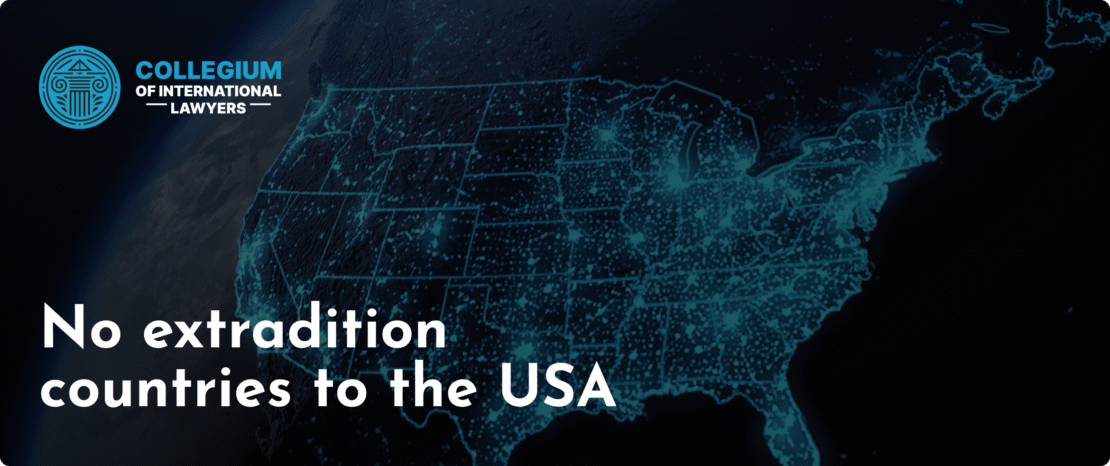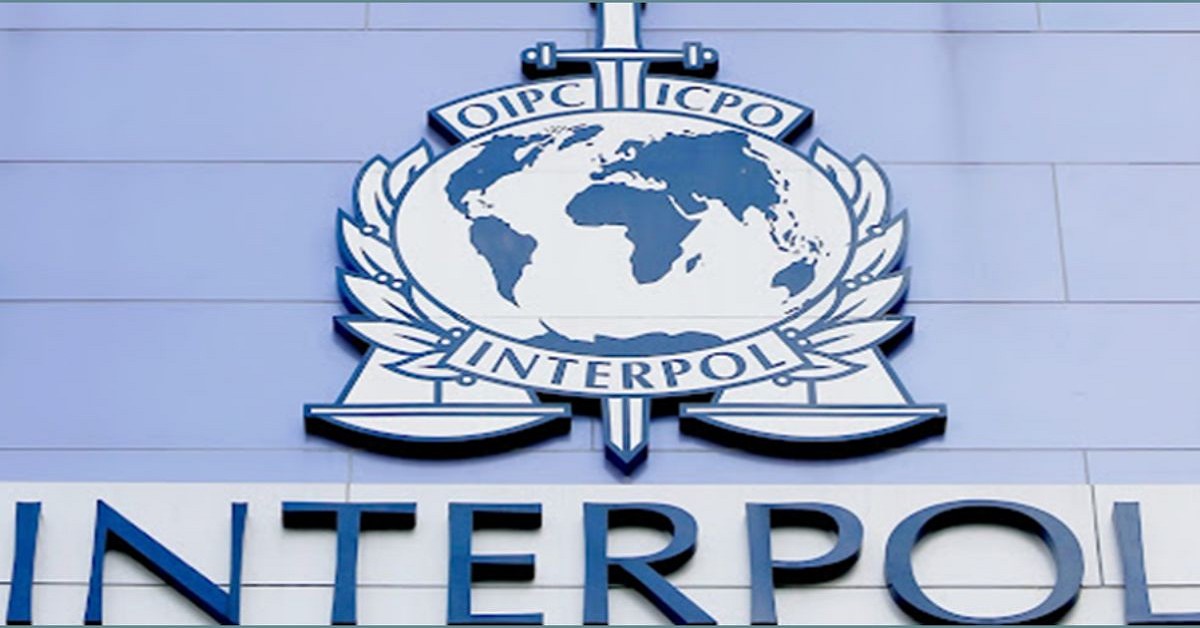
Understanding Legal Protections Against Interpol Errors
Interpol, the International Criminal Police Organization, is designed to facilitate cooperation among law enforcement agencies across borders. However, the organization’s systems are not infallible, and errors can occur. These mistakes can result in serious legal consequences for individuals wrongfully implicated in criminal activities. Understanding your rights and available legal protections is crucial if you find yourself impacted by an Interpol error legal protection. This article delves into the potential pitfalls of the Interpol system and offers guidance on how to navigate these challenging situations.
The Role of Interpol and Its Mechanisms
Interpol operates a vast array of databases and provides tools for its member countries to share information about criminal activities and wanted persons. It issues various types of notices, the most notable being Red Notices, which alert member countries to individuals sought for prosecution or to serve a sentence based on valid national arrest warrants. However, the issuance of a Red Notice is not equivalent to an international arrest warrant; it is merely a request to law enforcement to locate and provisionally arrest the individual pending extradition.
Common Errors in Interpol Notifications
Errors can arise from several sources within Interpol’s complex operational framework:
- Data Entry Mistakes: Human errors during the input of data can lead to wrongful notices.
- Outdated Information: Individuals may have their cases resolved, yet the information is not updated in the system.
- Malicious Use: Individuals might misuse the system to file false accusations against others.

The Legal Implications of Interpol Errors
The ramifications of an Interpol error can be severe. Wrongly issued notices can lead to wrongful arrests, detention, and significant distress. Victims may face disruptions to their personal lives, such as loss of employment, damage to reputation, and emotional distress. It’s essential to recognize that despite these challenges, there are legal avenues through which individuals can seek redress.
Legal Protections Available
1. Challenging the Notice: Affected individuals can challenge the validity of an Interpol notice through several mechanisms. Filing a request for the annulment of the notice with Interpol’s Commission for the Control of Interpol’s Files (CCF) can be a pivotal step. It’s critical to provide evidence that supports your claim of error.
2. National Legal Remedies: Depending on the country, individuals can pursue legal remedies in their jurisdiction. This may include filing lawsuits for wrongful arrest or defamation against governments that acted on invalid notices. Engaging a lawyer experienced in international law is advisable.
3. Media and Public Advocacy: Raising public awareness about wrongful notices can sometimes lead to quicker resolutions. Media coverage can prompt legal authorities to re-evaluate the validity of an Interpol notice.
Key Considerations When Dealing With Interpol Errors

When navigating the complexities of an Interpol error, several considerations are crucial:
- Document Everything: Keep a detailed record of all communications and legal documents relating to the notice.
- Consult with Legal Experts: Engage a lawyer familiar with international law and Interpol protocols to navigate the legal challenges effectively.
- Remain Calm: Though distressing, maintaining composure will aid in successfully managing the situation.
Recent Developments and Reforms in Interpol
In light of the growing concerns related to wrongful alerts and the misuse of its systems, Interpol has initiated various reforms aimed at enhancing transparency and accountability within its operations. These reforms include refining the procedures for the processing of notices and strengthening oversight from independent bodies. Although progress is being made, continued advocacy for enhanced legal protections for individuals remains essential.
Conclusion
The impact of an Interpol error can be profound, affecting not only the individuals involved but also the integrity of the international law enforcement framework. Understanding your legal rights and avenues for redress is vital if you find yourself in this unfortunate situation. While the path to rectification may be challenging, being informed and prepared can help mitigate the legal consequences of an Interpol error.
In conclusion, while Interpol serves a crucial role in global law enforcement, errors can occur, and knowing how to navigate those errors is essential for legal protection. Those affected should remain vigilant, informed, and proactive in seeking justice and clearing their names.
